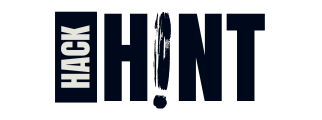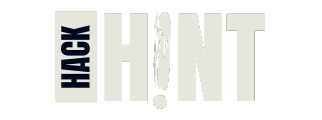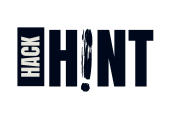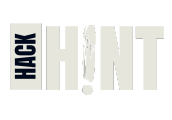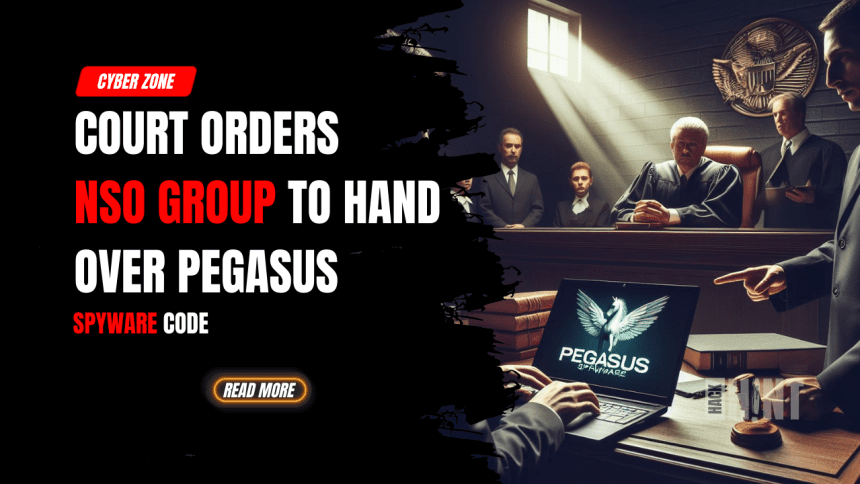In a major development for the fight against spyware and privacy protection, a US court has ruled that Israeli cybersecurity firm NSO Group must hand over the source code of its infamous Pegasus spyware to messaging giant WhatsApp. This landmark decision, issued on July 20, 2023, has sparked widespread discussion and raised serious questions about the future of spyware technology and its impact on global surveillance.
WhatsApp Sues NSO Group Over Pegasus Infiltration

The legal battle began in 2019 when WhatsApp, owned by Meta Platforms (formerly Facebook), filed a lawsuit against NSO Group. The lawsuit alleged that the company exploited vulnerabilities in WhatsApp’s messaging platform to install Pegasus on user devices without their knowledge or consent. This spyware granted attackers complete access to a device’s data and functionality, including messages, call logs, location data, and even camera and microphone activation.
Court Orders Code Surrender, Citing Privacy Violations
After a lengthy legal battle, a US court ruled in favor of WhatsApp and determined that NSO Group’s actions were a violation of the Computer Fraud and Abuse Act (CFAA). The court ordered NSO Group to surrender the source code of Pegasus, allowing further investigation into the spyware’s capabilities and potential for misuse.
Decision Hailed as a Win for Privacy Advocates
The court’s decision has been widely praised by privacy advocates and human rights organizations. They see this as an important victory in holding spyware companies accountable and protecting individual privacy in the digital age.
NSO Group Vows to Appeal, Future of Pegasus Spyware Uncertain
NSO Group has expressed strong protest at the court’s decision and has vowed to appeal the decision. He says Pegasus is a legitimate cyber security tool used by governments to combat terrorism and crime. However, the court decision has cast a shadow over the future of the company and the use of Pegasus by its customers.
Global Debate on Spyware Regulation Reignited
The Pegasus case has reignited the global debate on the need for strict regulations on the development and use of spyware. While some argue that spyware is an essential tool for national security, others express concerns about its potential for misuse and violation of individual rights. The court’s decision is likely to spur further discussion and potentially the implementation of stricter spyware regulations in the future.
Conclusion: A Turning Point in the Fight Against Spyware
The US court’s decision to force NSO Group to surrender the Pegasus code marks a turning point in the fight against spyware. Although the full impact of this decision has not yet been revealed, it has undoubtedly raised important questions about the ethical implications of spyware technology and the need for stronger safeguards to protect individual privacy in an increasingly interconnected world.
